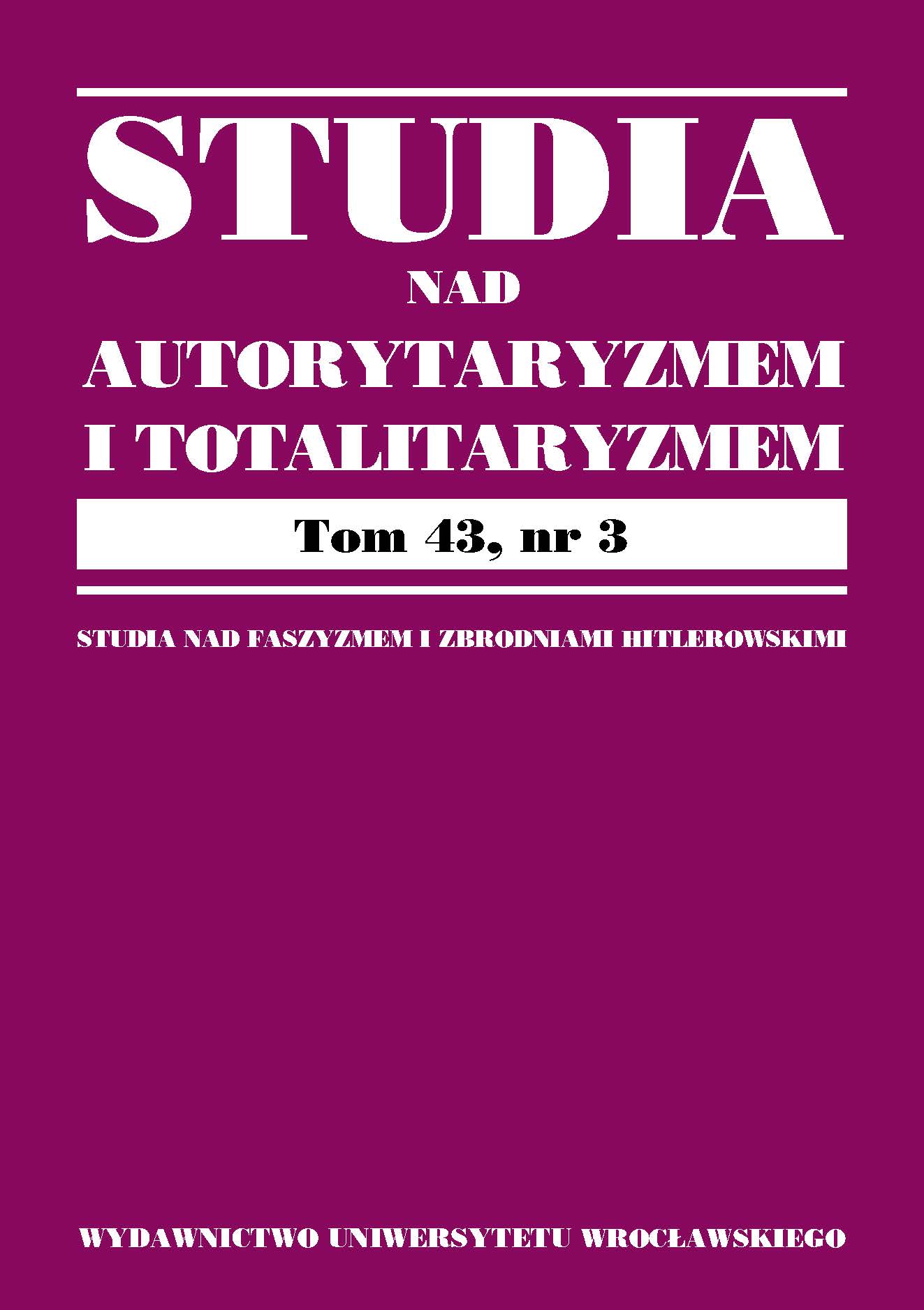

Articles

The aim of the article is to establish the role of the law of cultural activity in the process of indoctrination of society in the period of the Polish People’s Republic. The work will analyze the legal acts regulating the system and tasks of state entities involved in the promotion of ideas and views approved by the then authorities, primarily of a socialist nature.
It will be shown in the work that the law of cultural activity played an important role in indoctrinating society during the communist period. It actively supported state bodies, legitimizing their actions. The support was provided to a different extent and in various forms, both imperious and non-imperative. The general axiology of law included the values approved by the rulers, in the light of which legal provisions should be interpreted. The law also created an organized state administration apparatus whose task was to influence the society. A complex, multi-level system of state administration was created, the scope of which was to create a new reality and support the authorities and parties. Care was taken to ensure that the information provided to the public was ʻproperlyʼ verified. Entities providing them were regulated, in various forms and scope. Actions in this area were carefully planned and carried out, taking into account the orders of the party authorities subordinate to the authorities in Moscow. The minister for propaganda, organizing and co-ordinating the activities of state entities, functioned informally. The tasks and competences of state administration entities and bodies in the field of cultural activity were often constructed by law with the use of undefined concepts. This created a wide field of interpretation for the state administration body, which adjusted the meaning assigned to them to the current needs and directions of the policy pursued, thus extending the scope of its activities. In many cases, the provisions of acts and decrees defined tasks and competences in a concise manner, allowing them to be further specified or developed by the provisions of regulations. This created a lot of room for maneuver for the administration, which itself created the regulations on the basis of which it functioned. In practice, it often extended the scope of its activities, interfering in an unauthorized way in the area of human and civil rights and freedoms. All this, however, was legal — on the basis and within the limits of the law. Moreover, the law regulated the control and supervision of entities popularizing cultural activity, enabling wide-ranging censorship. The law also specified severe sanctions against entities not complying with the current policy of the rulers. They were regulated by acts of cultural activity and acts of criminal law. Moreover, internal law played an important role.